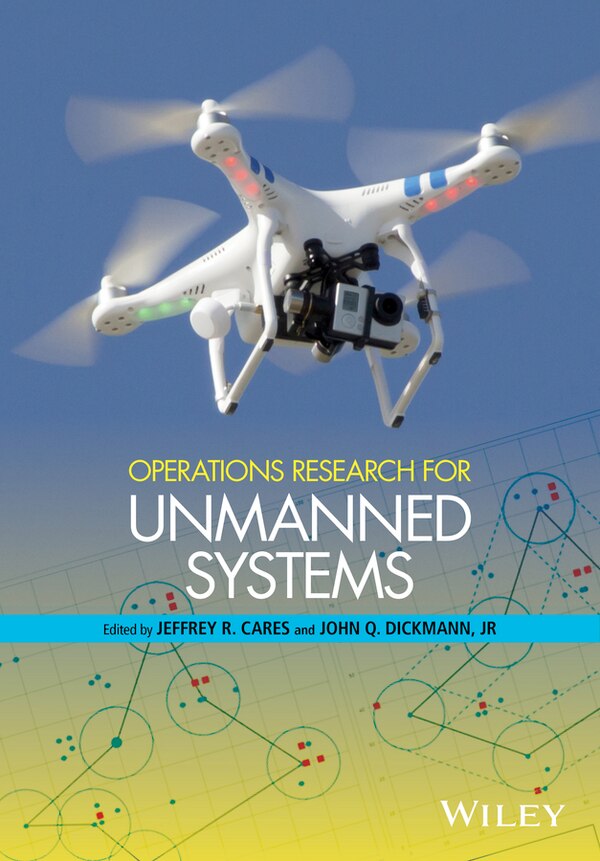Home
Unmanned Systems Acquisition And Technology Development by Eric J Gilge, Paperback | Indigo Chapters
Loading Inventory...
Indigo
Unmanned Systems Acquisition And Technology Development by Eric J Gilge, Paperback | Indigo Chapters
From Eric J Gilge
Current price: $60.51


Indigo
Unmanned Systems Acquisition And Technology Development by Eric J Gilge, Paperback | Indigo Chapters
From Eric J Gilge
Current price: $60.51
Loading Inventory...
Size: 0.15 x 9.69 x 0.31
*Product information may vary - to confirm product availability, pricing, shipping and return information please contact Indigo
Over the course of the last 100 years, historic trends show there has been a clear and steady move towards the use of unmanned systems limited only by the technologies available to make the systems effective compared to manned systems. There is the potential that unmanned systems constitute a disruptive technology that may change the way wars are fought. An analysis of the current acquisition and technology development process and of the potential impact of unmanned systems on warfare shows that the U. S. should develop a more integrated approach for unmanned system development. The military's acquisition and technology development process consists of a top down approach, a bottom up approach, and the development of high risk, high pay off technologies. These are the Joint Capabilities Integration and Development System (JCIDS), the Joint Urgent Operational Needs (JUON) process, and through initiatives by the Defense Advanced Research Projects Agency (DARPA). Though each of these fills a much needed role, there is little that is done to integrate these different processes. Unmanned systems are potentially a disruptive technology and may change how wars are fought. They may have an increasing impact on operational art and friction. Operational reach, tempo, sequencing, and matching ends and means may be profoundly affected. The qualitative nature of friction could also change. Additionally, many of the ways unmanned systems are different are due to value judgments that U. S. policy makers must make. There are other strategic considerations in how their use is interpreted by a global audience, what type of characteristics we will need in our future soldiers, airmen, and sailors, and how they will affect the overall likelihood of war or peace. There is the need to take four steps in order to mitigate risk and take full advantage of the potential of unmanned systems. First is the need to establish a strategic vision for unmanned systems. Next, we must continue to pursue | Unmanned Systems Acquisition And Technology Development by Eric J Gilge, Paperback | Indigo Chapters














